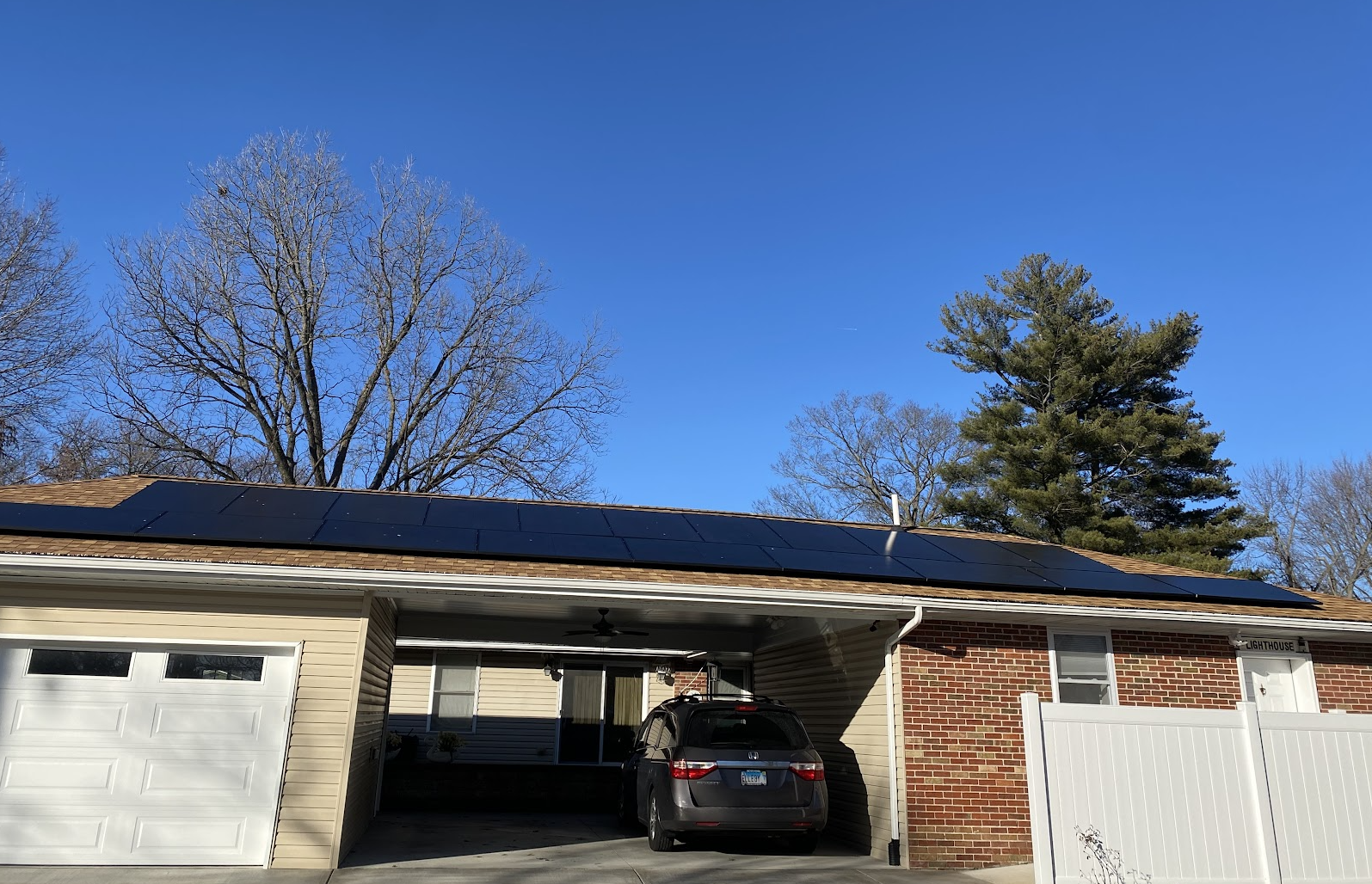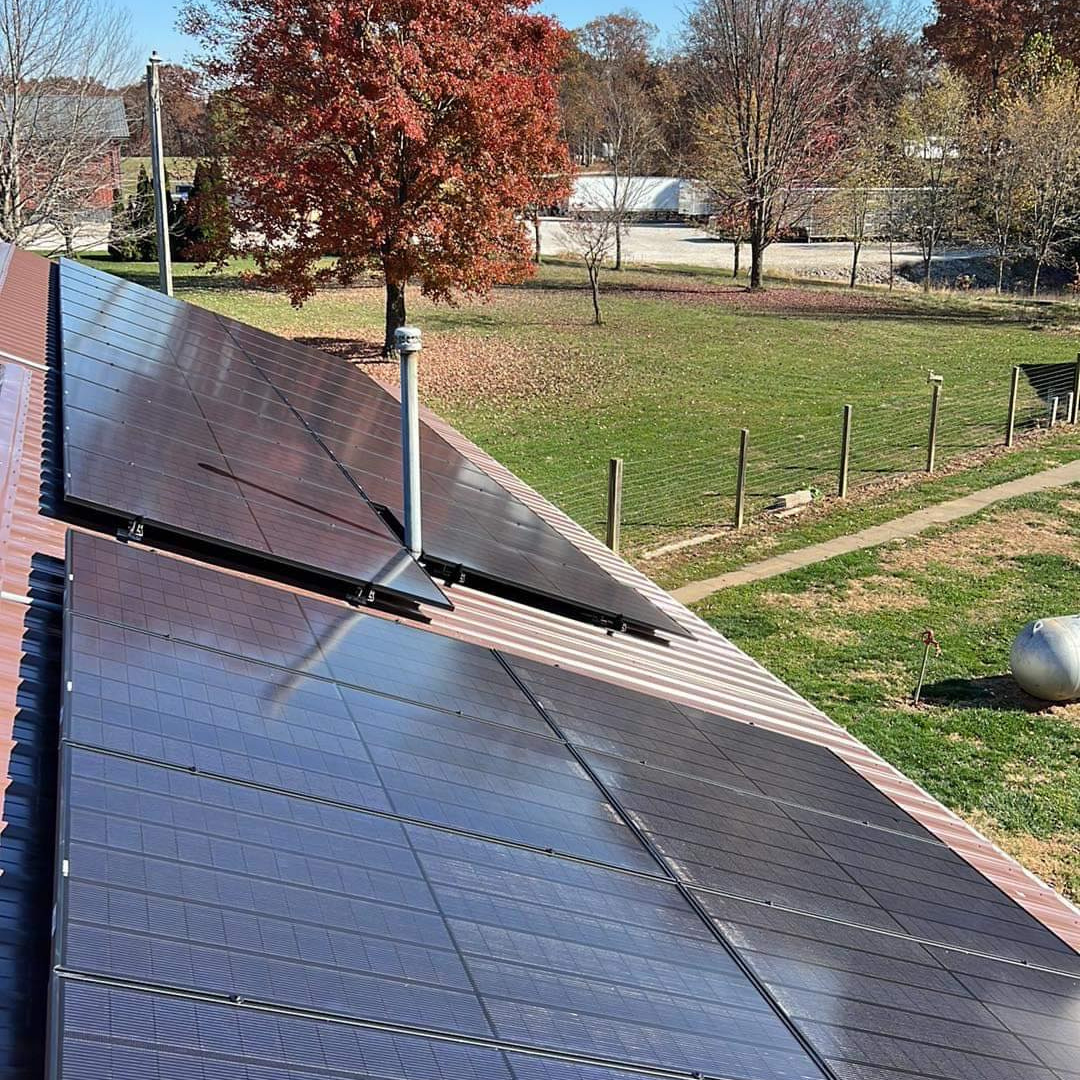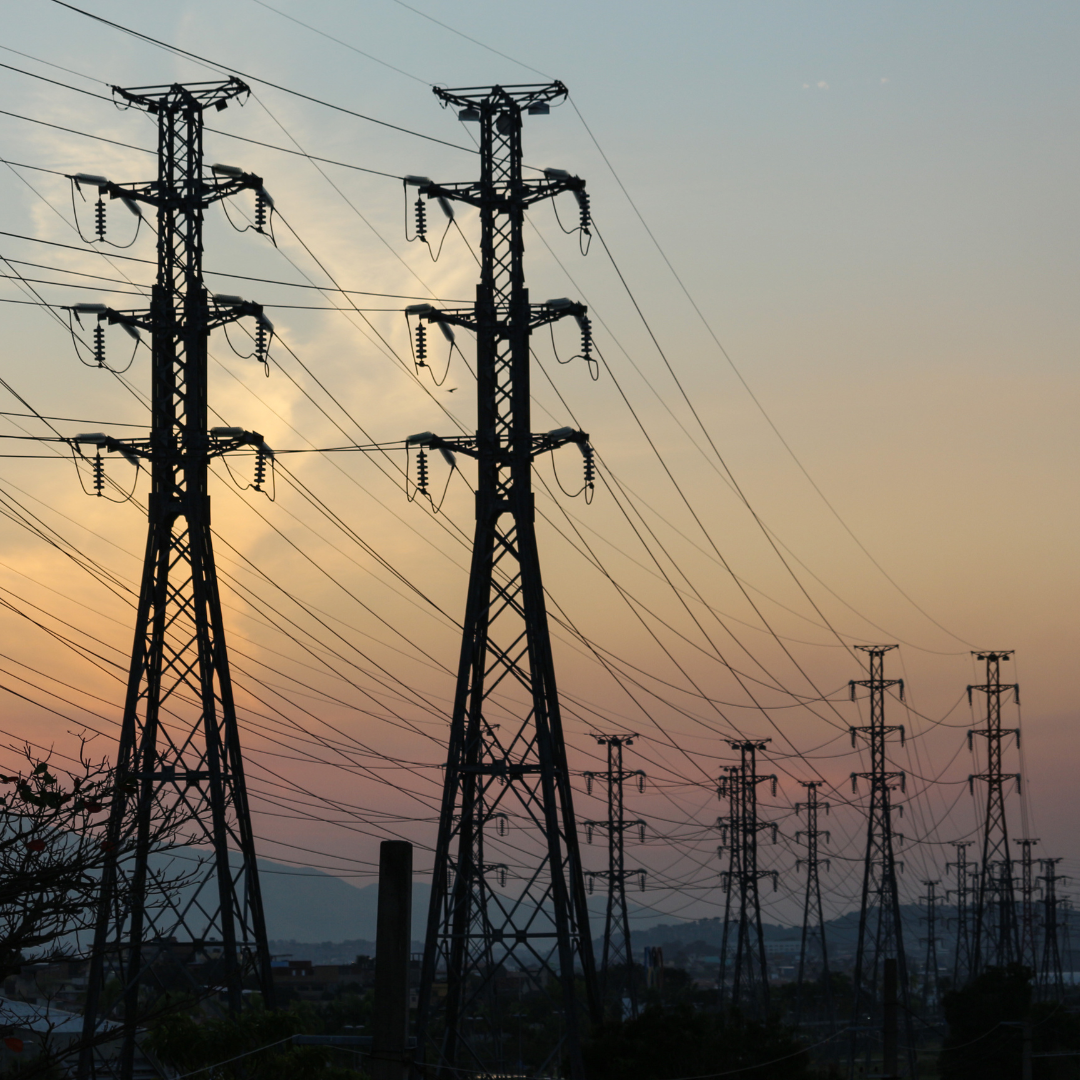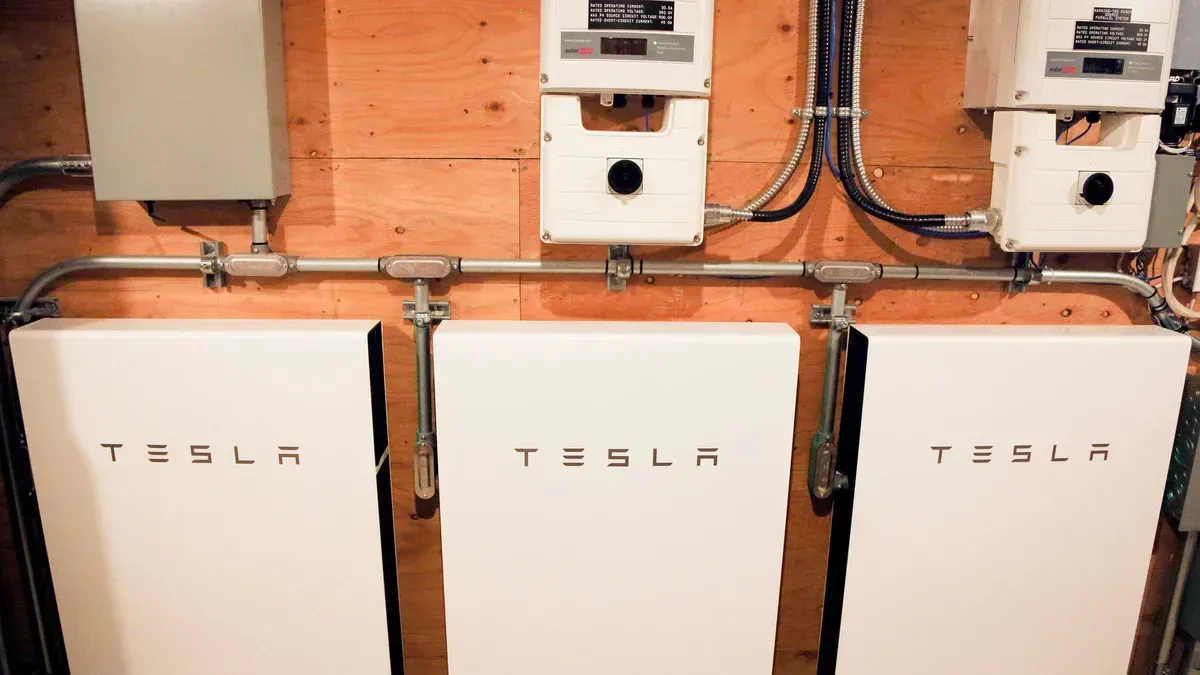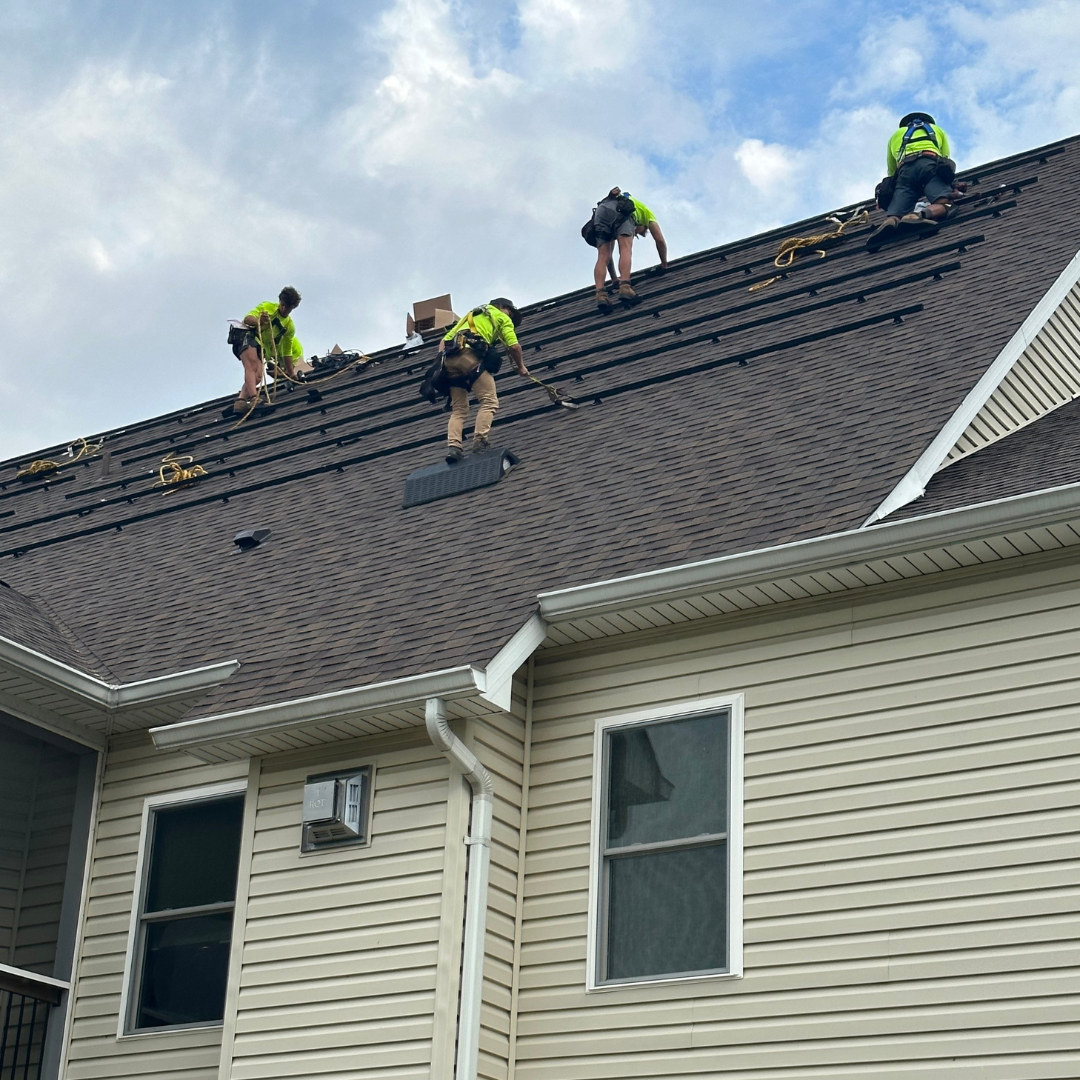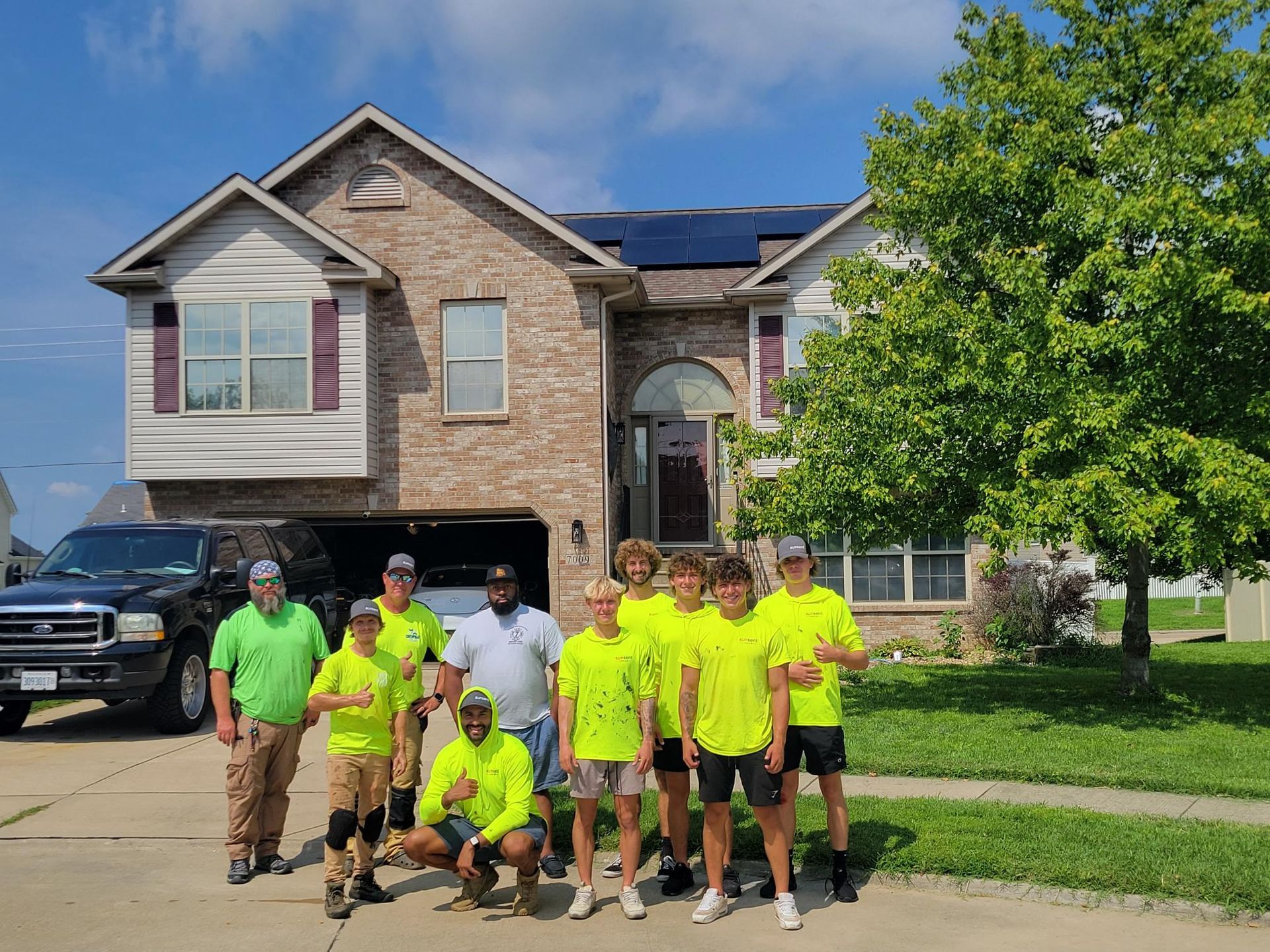How Much Energy Does Your Home Use?
When it comes to powering your home, understanding energy usage is the first step toward achieving energy independence. At SunSent Solar, we pride ourselves on being Missouri and Illinois's trusted experts in solar energy and backup battery solutions. Let’s explore how much energy the average home uses and how solar power can help you save while staying eco-friendly.

Average Energy Consumption
According to the U.S. Energy Information Administration, the typical household consumes approximately 800 to 1,000 kilowatt-hours (kWh) per month, or 9,600 to 12,000 kWh annually. Daily, this averages out to about 26 to 33 kWh. These figures can vary widely depending on factors such as the number of people in the home, the climate, and the efficiency of appliances.
In areas like St. Louis and across Missouri and Illinois, heating and cooling systems often dominate energy consumption due to seasonal temperature extremes. A 3,000-watt air conditioner running eight hours daily could consume up to 24 kWh—nearly the daily average for an entire household. Similarly, during colder months, space heaters and other heating appliances can significantly increase energy use.
The Role of Household Appliances
Understanding which appliances use the most energy can help you make smarter choices:
- Heating and Cooling: These systems account for nearly half of a household’s energy usage. For example, a 1,500-watt space heater used for 10 hours a day consumes about 15 kWh daily.
- Laundry Equipment: Dryers can be a major energy drain, with a single 45-minute cycle using up to 3.5 kWh.
- Lighting: While modern LED bulbs are efficient, a single 100-watt bulb left on all day can add up over time.
- Entertainment Systems: A gaming computer, for instance, can use 300-500 watts per hour, quickly adding to your monthly bill.
Energy Costs and Savings
With the average electricity rate in the U.S. at 16.6 cents per kWh and rising, monthly energy bills can range from $132 to $166. Over a year, that adds up to nearly $2,000 for many households. However, switching to solar power can offset these costs significantly while reducing your environmental footprint.
Solar Power: A Smart Investment for Missouri and Illinois Homeowners
Solar energy offers a sustainable way to power your home while cutting down on electricity costs. Missouri and Illinois receive ample sunlight, making them ideal for solar installations. At SunSent Solar, we specialize in designing and installing solar systems tailored to the unique needs of St. Louis and surrounding areas.
By pairing solar panels with backup batteries like the Tesla Powerwall 3, you can store excess energy for use during power outages or peak demand periods. This not only ensures uninterrupted power but also maximizes your energy savings.
Tips for Reducing Energy Consumption
Here are some practical steps to lower your energy usage:
- Upgrade to Energy-Efficient Appliances: Look for the ENERGY STAR® label to ensure optimal performance with minimal energy use.
- Improve Home Insulation: Proper insulation can prevent heat loss in winter and keep your home cooler in summer, reducing the load on your HVAC system.
- Consider Solar Batteries: These devices can store energy from the grid and power essential appliances during outages and reduce reliance on the grid.
Why Choose SunSent Solar?
SunSent Solar is your go-to provider for solar and backup battery solutions in Missouri and Illinois. Whether you're looking to lower your energy bills, reduce your carbon footprint, or gain energy independence, our team has the expertise to guide you every step of the way.
Get Started Today
Ready to take control of your energy future? SunSent Solar offers free solar estimations to help you understand your potential savings. Call us today or reach out through our website to schedule your consultation.
Curious about solar backup batteries? Check out our blog post, "Solar Batteries: How They Work and Why They Matter for Your Energy Independence," to learn more about how Tesla Powerwall systems can enhance your solar investment.
